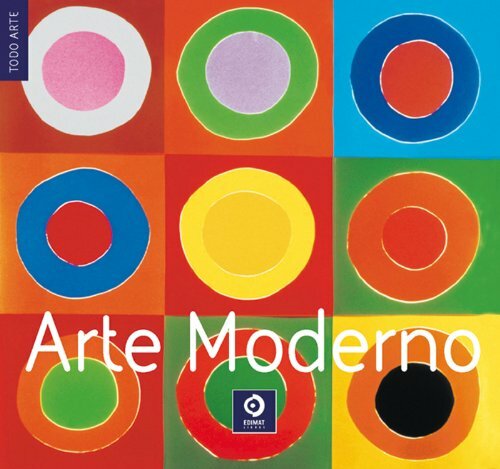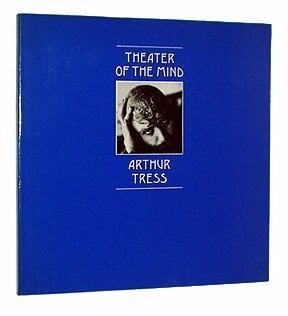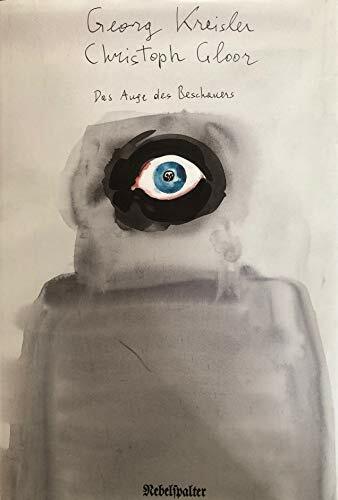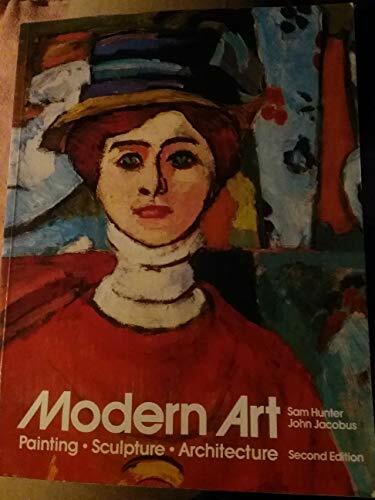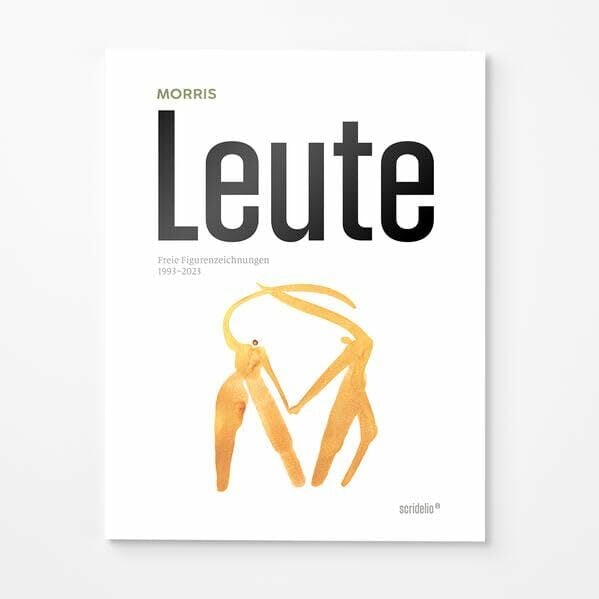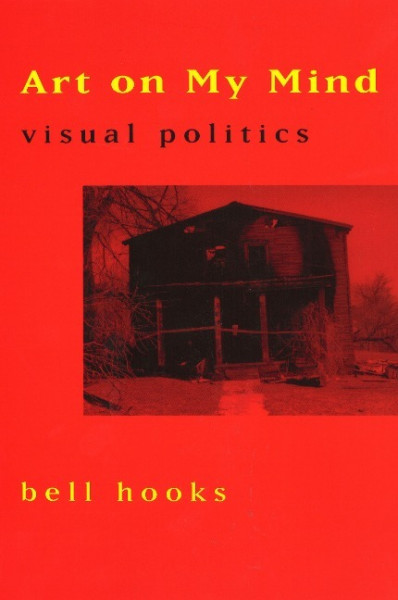
Art on My Mind
Kurzinformation
inkl. MwSt. Versandinformationen
Artikel zZt. nicht lieferbar
Artikel zZt. nicht lieferbar

Beschreibung
Political theorist and critic hooks continues the work of Black Looks (not reviewed), exploring the politics of representation, aesthetics, and the place of the African-American woman artist. This collection of 18 essays in art criticism and five interviews with prominent black women artists is hooks's response to the paucity of African-American art critics, particularly women. Drawing effectively on her personal experience of art as both maker and viewer, hooks urges that we take art seriously as a focus for struggle, emphasizing its transformative power. At the same time, she eschews essentialist arguments that would reduce all black art to protest art, arguments that have repeatedly been narrowed to discussions of "good" and "bad" images. Instead, she calls for "a revolution in the way we see, the way we look." What is at stake here, she says, is nothing less than control over the representation of the self; she points to the empowering nature of personal photography as an example. The book itself is an odd creature. The first half is a rocky road full of academic artcrit jargon of the kind usually found in the pages of artforum (which is where one of these pieces first appeared), and the early dialogues, with Carrie Mae Weems and Alison Saar, are unsatisfying, with hooks dominating the conversations. But the second half of the book is a return to form for one of the most astute cultural and political writers in the country today. Essays on black vernacular architecture, representation of the black male body, and the creative process of women artists are powerful and concise, and the dialogues with Emma Amos, Margo Humphreys, and particularly LaVerne Wells-Bowie are a real contribution to our understanding of the situation of black women artists. It is impossible to imagine hooks writing a book devoid of interest, and the second half of this one is excellent indeed. (Kirkus Reviews) von Hooks, Bell
Produktdetails

So garantieren wir Dir zu jeder Zeit Premiumqualität.
Über den Autor
bell hooks is Distinguished Professor in Residence in Appalachian Studies at Berea College. Born Gloria Jean Watkins in Hopkinsville, Kentucky, she has chosen the lower case pen name bell hooks, based on the names of her mother and grandmother, to emphasize the importance of the substance of her writing as opposed to who she is. A writer and critic, hooks is the author of more than thirty books, many of which have focused on issues of social class, race, and gender. Among her many books are the feminist classic Ain't I a Woman, the dialogue Breaking Bread (with Cornel West), the children's book Happy to Be Nappy, and the memoir Bone Black. She lives in Berea, Kentucky.

- hardcover
- 304 Seiten
- Erschienen 2007
- Faber & Faber
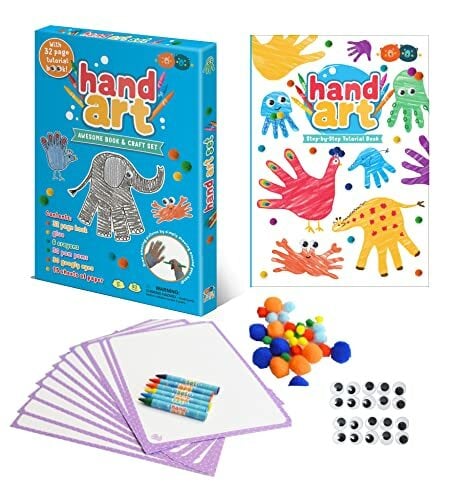
- hardcover
- 32 Seiten
- Erschienen 2022
- Buddy & Barney

- paperback -
- Erschienen 1977
- Pomegranate Publications

- Gebunden
- 187 Seiten
- Erschienen 2016
- De Gruyter

- hardcover
- 200 Seiten
- Erschienen 2011
- Harlekijn Holland BV












